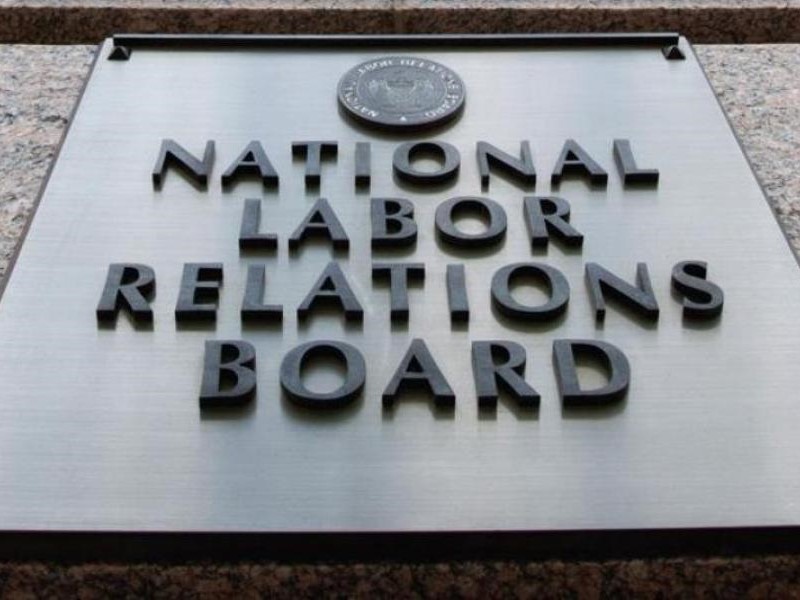The general counsel of the National Labor Relations Board (NLRB) argued in a recent case that the National Labor Relations Act requires companies to recognize and bargain with unions after the union offers to show evidence that a majority of workers support the union, unless the company can show that it doubted the union’s majority in “good faith.” In legal terms, the general counsel argued that the NLRB should overrule current law and return to its rule in the “Joy Silk” case.

Companies fail to doubt the union’s majority in good faith when they:
- commit unfair labor practices that decrease the union’s support after the union offers to show majority support,
- insist on elections after the company accepts the union’s cards or acknowledges the union’s majority,
- violate card check agreements,
- acknowledge the union’s majority in internal company communications, or
- engage in other conduct that shows that the company believes a majority of workers support the union.
Importantly, the general counsel argued that the NLRB should order the company to bargain even if the company did not violate the NLRA if the evidence shows that the company did not doubt the union’s majority in good faith. For example, the company likely did not have a good faith doubt if the company failed to explain why it doubted the union’s majority, or if the explanation is questionable or reveals that the company’s real purpose was to gain time to persuade workers to change their minds. This is true even if the company tried to change workers’ minds in lawful ways.
In the old Joy Silk case, the NLRB ruled that companies must recognize and bargain with unions after unions presented evidence of majority support, unless the company proves that it doubted the union’s majority in good faith. So, under Joy Silk, the company violates the NLRA unless the company proves that it acted in good faith.
In contrast, under current law, if a company refuses to recognize a union that offered to evidence of majority support, the general counsel of the NLRB must prove that the company committed serious unfair labor practices that diluted the union’s support and made a fair rerun election impossible.
In her brief, the general counsel noted that the Joy Silk rule more effectively deters unlawful conduct than current law. If the company knows that in the end the NLRB will likely order it to recognize the union, the company has much less incentive to engage in unlawful conduct during organizing campaigns. In contrast, current law does not deter unlawful conduct because companies can safely assume that, except in the rarest cases, the NLRB will rerun elections instead of ordering companies to recognize the union. Indeed, current law almost encourages unlawful conduct because it’s easy for the company to engage in unlawful conduct that destroys support for the union without risking any meaningful or timely remedy.
How the NLRB general counsel’s argument could help you:
If the NLRB changes the law, companies will not be able to routinely deny union demands for recognition when the union is prepared to show the company or a neutral third-party evidence of majority support, including authorization cards and petitions. If in response the union files a refusal to bargain charge, companies will have to prove that they had some legitimate reason to doubt that a majority of their workers supported the union. And the inevitability of a bargaining order may deter companies from committing as many unfair labor practices during campaigns.
The general counsel filed her brief in Cemex Construction Materials Pacific (28-CA-230115 April 11, 2022). In the same case, the general counsel argued that the NLRB should change the law and rule that mandatory meetings and workplace conversations with managers or supervisors about the union or organizing are unlawful unless companies assure workers that their participation is voluntary and that the company will not retaliate if they decline to participate. A previous OnPoint article discussed the general counsel’s intent to argue for this change.
If you have any questions regarding the NLRB’s position on the Joy Silk case, have your Region Director contact George Wiszynski in the Legal Department at gwiszynski@ufcw.org.
